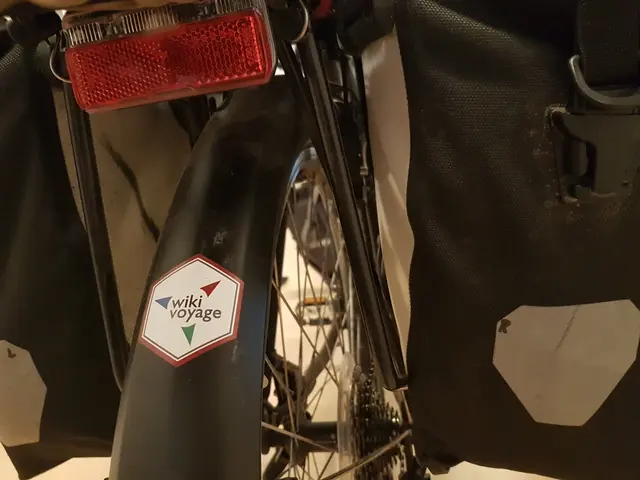Empowered Identity Journey Through Transgender Experience
In a bid to create a more positive and empowering narrative for transgender individuals in media and society, several key strategies are being implemented. These strategies aim to promote trans voices and perspectives, engage media professionals in informed, respectful storytelling, and address trans issues with nuance and dignity rather than sensationalism or tokenism.
Central to these efforts is centering trans people as narrators of their own stories. Initiatives like All About Trans work closely with journalists, editors, and media creators to improve their understanding and representation of transgender people by promoting trans participation and consultation in media content creation.
Shifting the focus from deficit narratives to empowerment is another crucial strategy. This approach showcases transgender individuals in diverse roles that highlight their agency, achievements, and everyday lives, rather than reducing them to medical or traumatic narratives.
Ongoing education and constructive dialogue with media professionals are essential in challenging harmful stereotypes and avoiding clichés. This helps counter both explicit discrimination and subtle forms of bias.
Amplifying a range of trans experiences, including intersectionality with other identities, is another important aspect. Content creators and activists like Ashlee Marie Preston use their platforms to showcase the diversity and complexity of trans lives beyond victimization or exoticism.
Utilizing social media and community spaces also plays a significant role in fostering empowerment in narratives and countering invisibility or misrepresentation in mainstream media. These platforms allow trans individuals to connect, share, and support each other, fostering a sense of community and resilience.
Rejecting sensational or fear-based framing and instead normalizing trans identities as valid, everyday aspects of human diversity is another key strategy. This approach aims to counter the mystification that treats trans people as strange or fundamentally different.
A 2023 study found that activism can promote resilience, identity affirmation, and positive LGBTQ+ identity development. However, transgender people remain largely misunderstood by cisgender people, and discrimination against them has been on the rise in Europe.
Two European countries prohibit any change of civil status for transgender people: Bulgaria and Hungary. In contrast, eight European countries allow gender self-determination, including Belgium, Denmark, Finland, Ireland, Luxembourg, Malta, Portugal, and Spain.
Individuals like Marion, a teaching assistant in a French high school who identifies as non-binary, see the fight for the rights of gender minorities as leading to positive change in societal perceptions. Coming out as transgender has enabled Aria, a 27-year-old woman from Brussels, to live her identity more freely.
However, the depathologisation of trans experiences is a key demand among trans activists. Julia Serano, an author and activist, criticizes the "mystification of trans people," arguing that it emphasizes their artificiality in contrast to the assumed naturalness of the gender assigned at birth.
The International Lesbian, Gay, Bisexual, Trans and Intersex Association (ILGA) has reported a sharp increase in hate speech against LGBTQIA+ people, particularly by public figures and institutions. In recent years, discrimination against transgender people has been on the rise, with some countries introducing laws that bar organisations from sharing LGBT-related information with minors in schools and the media.
Arnaud Alessandrin, a gender sociologist, notes that media narratives about trans people often lack a focus on day-to-day issues and realities. He suggests that giving a voice to trans people in the plural is the best way to combat the marginalization of non-standard narratives about trans identity.
In conclusion, these strategies aim to foster a respectful, informed, and broad representation that helps transform societal attitudes and improves both media portrayal and public understanding of transgender people. Grassroots movements by LGBTQIA+ people can be individually empowering, and activism can promote resilience, identity affirmation, and positive LGBTQ+ identity development.
Embracing a holistic approach to media representation, initiatives aim to incorporate trans individuals in discussions related to science, health-and-wellness, mental-health, and lifestyle. For instance, All About Trans collaborates with media professionals to enhance their understanding of transgender people, advocating for trans participation in content creation to ensure accurate and respectful narratives.
Promoting a balanced representation of transgender people not only in media but also society, grassroots activists like Arnaud Alessandrin emphasize the importance of prioritizing trans voices and experiences to challenge harmful stereotypes and address daily issues, thus contributing to mental health and overall wellbeing in the process.





